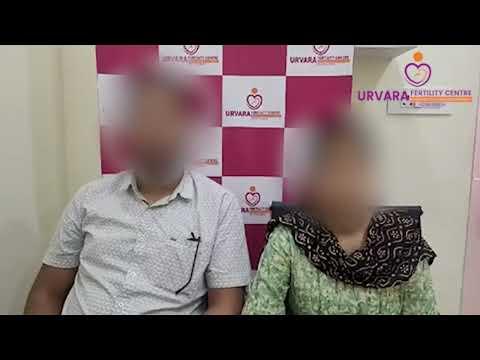
ICSI, which stands for Intracytoplasmic Sperm Injection, is a specialized assisted reproductive technology (ART) technique used in fertility treatments, particularly in vitro fertilization (IVF). ICSI is designed to address male infertility issues where there are difficulties with sperm quality, quantity, or motility, making it challenging for sperm to fertilize an egg naturally.
ICSI is a highly effective technique and has revolutionized the treatment of male infertility. It is commonly used when traditional IVF techniques are not sufficient to achieve fertilization due to severe sperm abnormalities or low sperm count.

ICSI has been used successfully in numerous cases to help couples achieve their goal of parenthood. However, as with any fertility treatment, the success rates can vary depending on various factors, including the woman’s age, the overall health of both partners, and the specific reasons for infertility. Couples considering ICSI should discuss their individual situation with a qualified fertility specialist to determine the most appropriate treatment plan for their needs.
We are proud to share that we got Rank 1 as a Single Speciality Fertility and IVF Centre in Lucknow by the Times Health Survey Ranking 2025...

5000+ successful IVF procedures
Dr. Richa Singh – Cheif IVF Expert at Urvara Fertility Centre
Dr. Richa Singh is a skilled and caring fertility doctor. She is known for her compassionate approach and her ability to solve the most difficult infertility problems. She has helped thousands of couples fulfill their dream of becoming parents.






Our team of experienced doctors and specialists are dedicated to providing the highest quality care for our patients.

FOUNDER & DIRECTOR OF URVARA FERTILITY CENTRE
Dr. Richa Singh leads our team with extensive experience in fertility treatments and reproductive medicine. She has helped countless couples achieve their dream of parenthood.
MBBS, DNB OBSTETRICS AND GYNAECOLOGY(RML DELHI)
SPECIALIZATION IN LAPAROSCOPY (AIIMS, DELHI) AND IVF
INFERTILITY EXPERT

MEDICAL DIRECTOR
As our Medical Director, Dr. Mahendra Singh oversees all medical procedures and ensures the highest standards of patient care and safety throughout all treatments.
MBBS (GSVM KANPUR)
DNB ANESTHESIA (RML HOSPITAL)
INTENSIVIST

SENIOR ANDROLOGIST AND UROLOGIST
Dr. Praveen Panday specializes in male fertility issues and provides expert care in andrology and urology, helping address complex male reproductive challenges.
MBBS, MS - GENERAL SURGERY, MCH - UROLOGY
DNB UROLOGY/GENITO - URINARY SURGERY
CONSULTANT AT SAHARA HOSPITAL

SENIOR EMBRYOLOGIST
With over 8 years of experience and more than 10000 ICSI cycles performed, Dr. Amar Nath brings exceptional expertise to our embryology laboratory.
PHD, NFDF
WORKING EXPERIENCE: MORE THAN 8 YEARS
PERFORMED MORE THAN 10000 ICSI CYCLES INDEPENDENTLY
Take the first step towards parenthood with personalized care from our expert team

Fill out the form below and we'll get back to you within 24 hours.
Our kind and experienced doctors help couples who want to have a baby. We use modern tools and take good care of each family. Our goal is to make your dream of becoming parents come true.